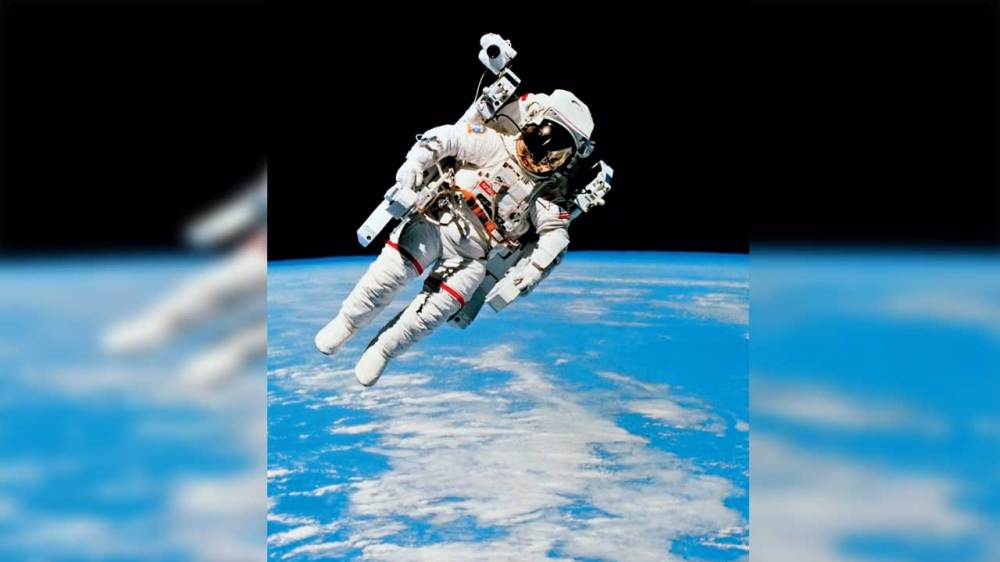
Indian-origin astronaut Sunita Williams is currently stuck in space. NASA's International Space Station is now her home. When this incident happened, there was a study on astronauts, which said that space travel also affects the body.
According to this study, space travel causes changes in the inner lining of the stomach that can affect the immune system and digestion. Researchers said these results help understand how long-duration space missions can affect the health of astronauts.
A team led by researchers from McGill University in Canada used genetic techniques to analyse changes in the intestines, rectum and liver of mice sent to the International Space Station for a period of three months. The International Space Station is a spacecraft built by the US space agency NASA or other international space agencies, which is a specialized science laboratory and home to astronauts.
Digestive system may be impaired
The study authors observed changes in gut bacteria that mirrored gene changes in the liver and intestines of mice. It has been found that space travel can put pressure on the immune system and alter the way it digests food. In a research paper published in npj Biofilms and Microbiomes, the authors wrote that this internal action indicates inhibition of signals affecting the gut-liver wall, metabolic systems and immune factors. This is likely to induce glucose and lipid (fat) regulation.
This will help in future space missions
Researchers said that the results of this study will have many benefits. This will help in finding and developing security solutions. Apart from this, the findings of this study will also benefit the success of future space missions, from staying on the Moon for a long time to sending humans to Mars.
 look news india
look news india